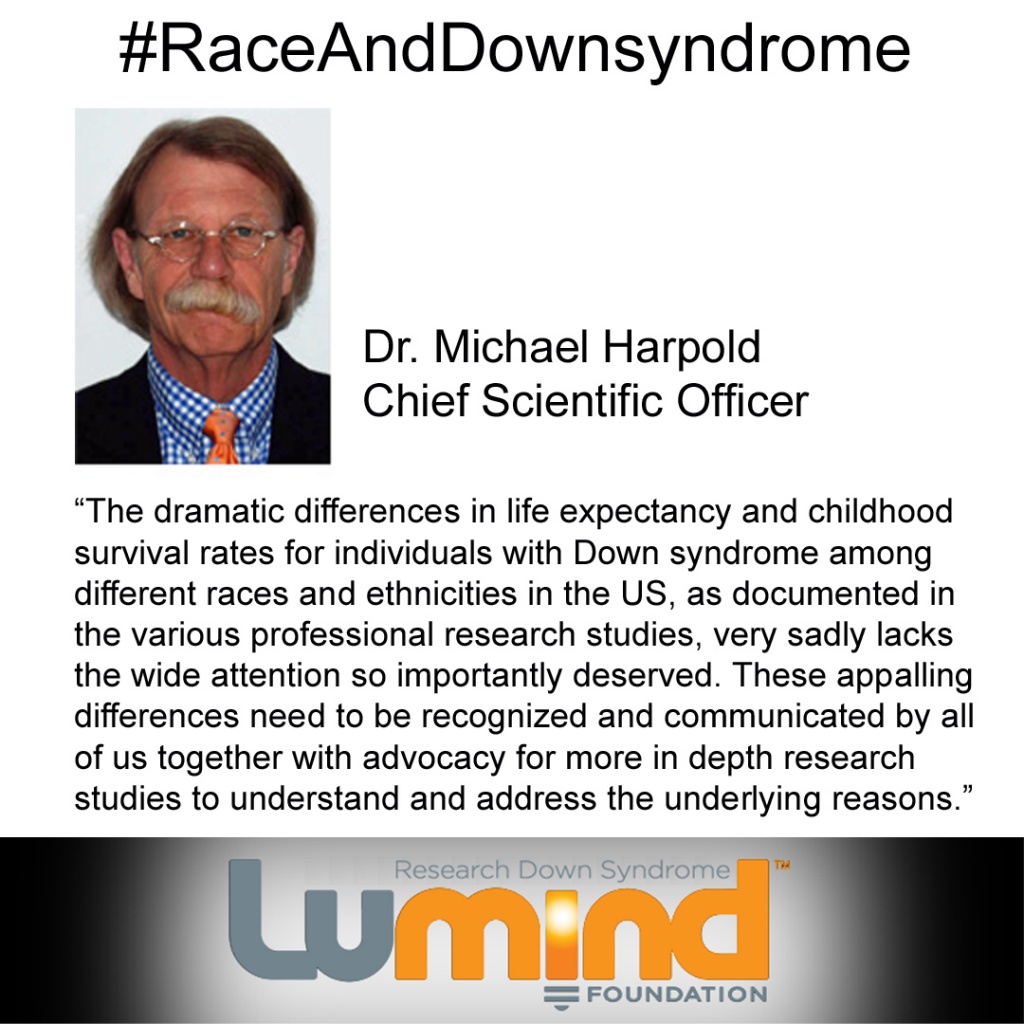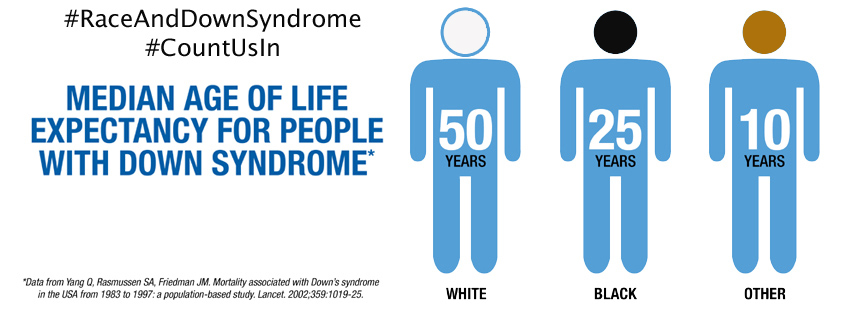A recent headline gives cause for celebration:
New NIH grant awards boost funding for research on Down syndrome (September 5, 2019).
Medical research is important because it can lead to improved health and a longer lifespan for people with Down syndrome. Unfortunately, Down syndrome has historically been the least funded genetic condition by the National Institutes of Health (NIH).
The good news is that the NIH is beginning to address the issue. New funding is being provided for research that investigates how information gained from individuals with Down syndrome can be applied to the general public.
INCLUDE project aims to address conditions of Down syndrome and apply knowledge to larger population.
“The INCLUDE (INvestigation of Co-occurring conditions across the Lifespan to Understand Down syndromE) project was launched in June 2018 in support of a Congressional directive in the fiscal year (FY) 2018 Omnibus Appropriations. The directive called for a new trans-NIH research initiative on critical health and quality-of-life needs for individuals with Down syndrome. NIH is dedicating approximately $35 million for INCLUDE research in FY2019, bolstering total funding for Down syndrome research in FY2019 to an estimated $77 million.”

NIH publishes the general goals as well as a list of specific research projects that are being funded under the INCLUDE project.
While the increased funding, and the INCLUDE project bring hope to the Ds community, one project stands out because of its potential to help reduce the health disparities in our community. Little is known about the reasons why people of color who have Down syndrome have much shorter life expectancies than their Caucasian peers. In order to address the problem, researchers need to attract more participants across the cultural spectrum.
Although the disparities have narrowed in recent years, African Americans in particular had shorter life spans than did whites. The cause for this difference is unclear, the authors said. – LA Times, 3/22/02

Dr. Steven Reis at the University of Pittsburgh At Pittsburgh is working on ways to increase participation of African American families.
“Summary: This project will develop culturally and linguistically appropriate educational and recruitment materials related to participation in Down syndrome research for African Americans with Down syndrome, their families and, caregivers, and increase recruitment of individuals with Down syndrome into related studies in the clinical trial portal.”
While the project is a step in the right direction, there is much more work to be done.
For example, our community needs to educate doctors, families, and public health policy representatives about the need for detailed and complete death certificates. The information is important for researchers who use death records to determine the causes of racial disparities in our community. People don’t die from Down syndrome. We need to have the condition listed so that people are identified for studies, but it should not be the listed as the cause of death.
While all research is welcome – researchers never know where the information may lead – we do wish the race issue would generate more urgency.



Dear Stephanie
thanks for disseminating this awesome research which is well grounded and well founded.
A toast to you all.